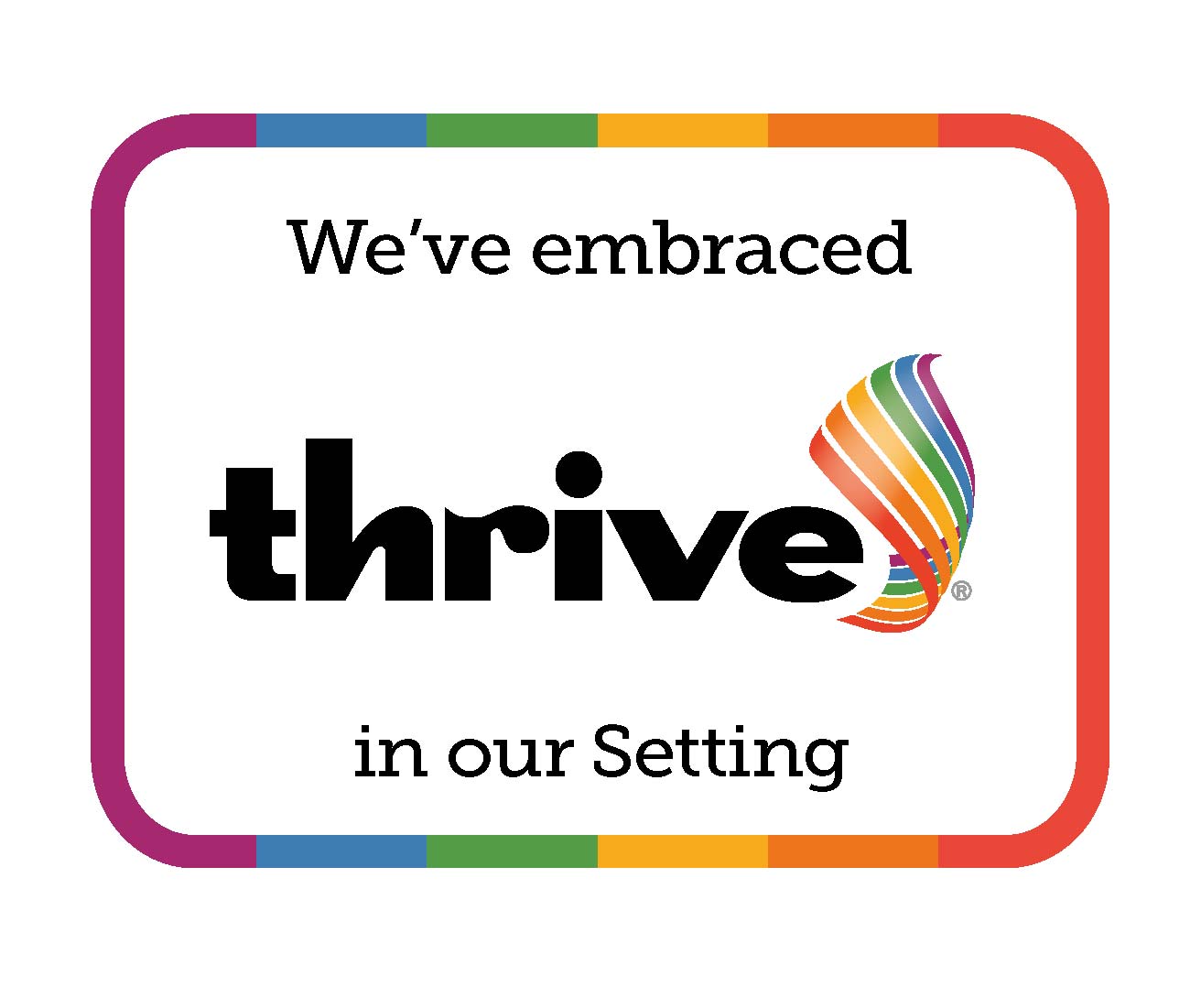Examination Board: OCR
A-level Sociology offers students the opportunity to develop the essential knowledge and understanding of central aspects of sociological thought and methods. It is designed to encourage students to demonstrate the application of a range of skills and consider the integration of sociological themes:
- socialisation, culture and identity
- social differentiation, power and stratification
Studying A-Level Sociology enables students to gain and develop knowledge in:
- Essay writing
- Independent skills
- Critical thinking and evaluation
- A strong understanding of social and political issues; past and present
- Grade 5 in GCSE English, Religious Studies, History or Geography
- 4 x Passes grades 9-4 in GCSE subjects
- Grade 4 in GCSE Maths
During Year 12 students will study:
- Introducing Socialisation, Culture & Identity: Introducing key terms in sociology and an understanding of culture, norms, values and identity. Also studied here is families and relationships: How diverse are modern families? How have family roles changed over time?
- Researching & Understanding Social Inequalities: This involves understanding the relationship between theory and research methods and what are the trends in equality related to race, gender, ethnicity and age?
During Year 13 students will study:
- Introducing Socialisation, Culture & Identity
- Researching & Understanding Social Inequalities
- Debates in Contemporary Society – Topics covered include
- Globalisation and the digital social world: What is the impact of advancing social media?
- Crime & Deviance: What are the patterns in crime? What causes crime and how can we reduce it?
An A Level in Sociology is very good preparation for university, where strong essay writing skills are very important. Universities recognise that sociology A Level provides students with a very good foundation in social, political and policy knowledge. Sociology students go on to a wide range of jobs in policing, research, teaching, medicine, politics and civil service as well as taking jobs in the service sector.



